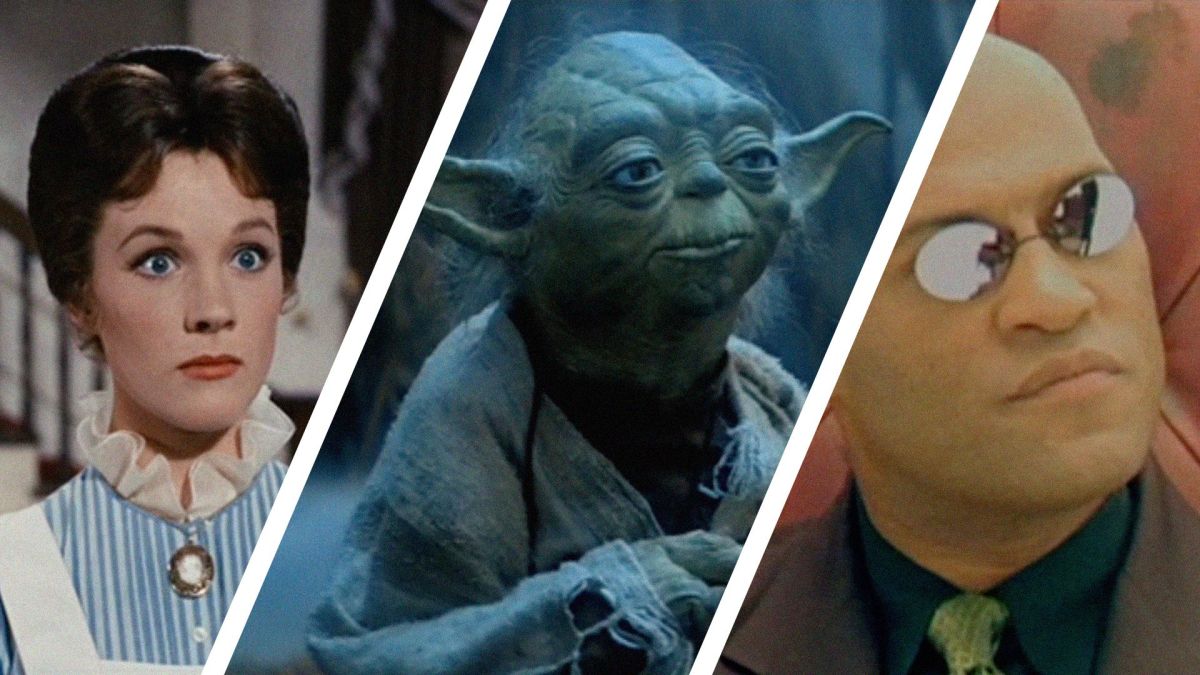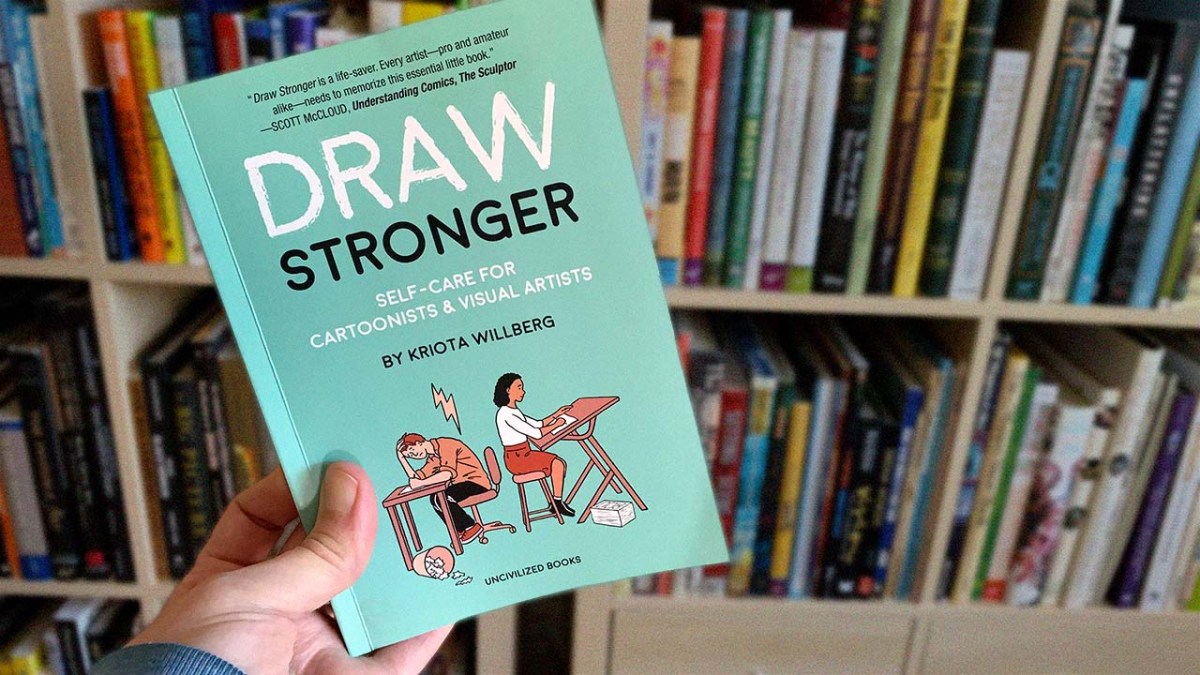A few years ago, at an entertainment industry convention (which I won’t specify), an artist visited my booth, crying.
Without acknowledging the tears streaming down her face, she introduced herself and asked for a portfolio review.
“Sure, but… are you okay?” I asked.

She said she was crying because she had just received a “really bad portfolio review” but she’d get over it.
I flipped through the first few pages.
“Really bad? What on earth were they thinking? Your work is so strong!”
She said the reviewer just tore through everything: “I don’t like
your this, and I don’t like your that…”
“Did he give you any constructive feedback at all?” I asked.
“Not really. He just said I should do more quick concepts. Props,
vehicles, weapons, stuff like that…”
I formed a theory about what went wrong: “Is this person a concept artist?”
She nodded.

“And you’re not a concept artist, right? You’re a children’s book illustrator.”
She clarified that she was an aspiring children’s book illustrator. She said kidlit was her first love and she was almost done with her first book.
“I’m assuming he never asked you about that?” I asked.
He had not.
I asked if she’d ever heard the phrase: “When the only tool you have is a hammer, every problem looks like a nail.”
She chuckled and said she hadn’t.
I explained that the concept artist had failed her.

He didn’t actually look at the work she put in front of him, so he never calibrated his critique to her professional aspirations.
He could have asked where she wanted to work, admitted that he didn’t know much (or anything) about children’s book illustration, and referred her to someone who did.
…but instead, he jeopardized an artist’s career.
…and hers was probably not the only one.
At least she was confident enough to try again.
Not everyone will be.
I once asked my parents (both especially effective public school educators) for their best teaching advice.
My mom said: “A good teacher is not the sage on the stage, they’re the guide on the side.”
My Dad said: “Teach the student first and the subject second.”
While my Mom’s advice was about the mindset of an ideal mentor and my Dad’s was about prioritizing the students’ edification, both statements emphasize that great mentors don’t dictate, shame, or assume…

They collaborate.
Personally, I remind myself of this every single time I step into a classroom (virtually or in person) or conduct a portfolio review.
…but some professional artists (even those who fancy themselves “teachers” or “mentors” or “influencers”) don’t.
In this series, we’ll talk about what to look for in a mentor and how great mentors help you overcome fear, solve problems and how they empower your own efforts for health and happiness.
…but first, we’ll make sure we’re working with a clear definition of “mentorship.”
…because doing so is essential for protecting your heart, your health and your finances.

